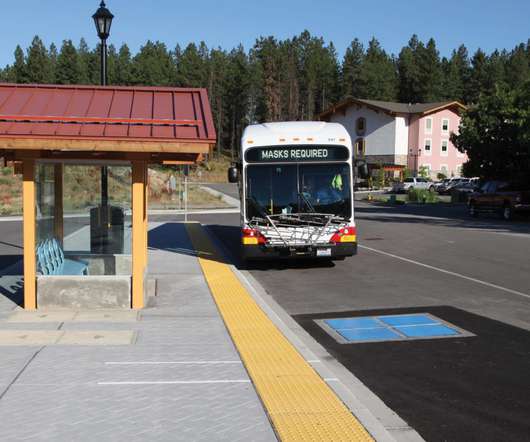Trojan Battery showcasing new lines of Smart Carbon deep-cycle batteries
Green Car Congress
JUNE 1, 2014
will showcase its new lines of deep-cycle lead-acid batteries featuring Smart Carbon technology which addresses the impact of partial state of charge (PSOC) on cycling batteries in renewable energy (RE), inverter backup and remote telecom applications. Trojan Battery, Co.

















Let's personalize your content